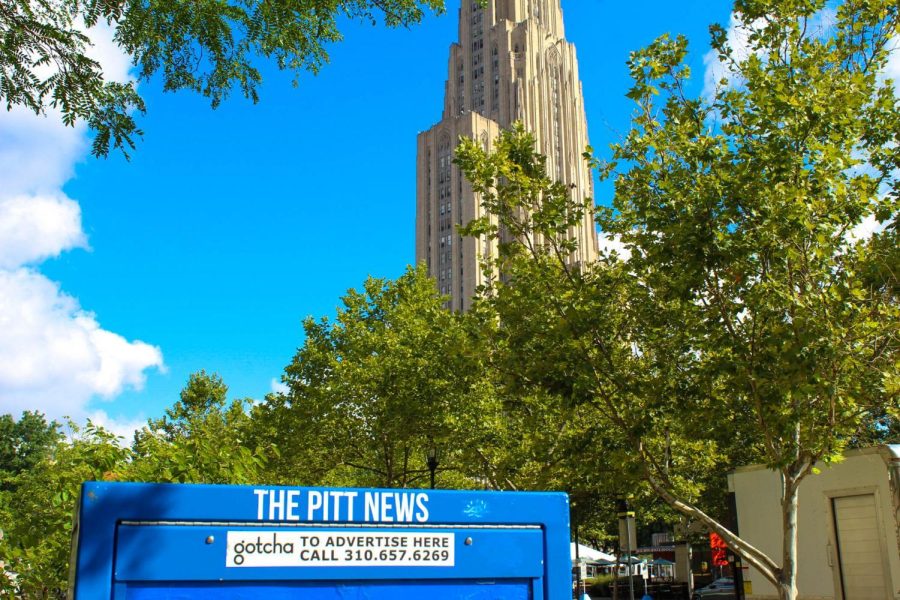Chick-fil-A debate reaches Pitt’s campus
February 7, 2011
Chick-fil-A might experience a decrease in business from Pitt students after the national fast… Chick-fil-A might experience a decrease in business from Pitt students after the national fast food chain was linked with groups opposing same-sex marriage, but the administration will not take any action against the company.
In January, the fast food chain was linked to Focus on the Family, the National Organization for Marriage, the Pennsylvania Family Institute and several other organizations that discourage same-sex marriage. The fast food chain has seen protests at other universities in the country, including NYU, University of New Orleans and Texas Tech University. Indiana University South Bend even placed a brief ban on the company’s products.
Pitt spokesman John Fedele said that Pitt has requirements of the companies it contracts with, and the contract that Chick-fil-A has with Sodexo fulfills those requirements, making action against the company unnecessary.
“The University of Pittsburgh is committed to conducting its business in an ethical, legal and socially responsible manner,” he said.
“Sodexo has stated that it sets high standards for its brand partners and suppliers and Chick-fil-A meets or exceeds those requirements, including quality standards, food safety and procurement practices and operating in a responsible manner,” Fedele said.
Pitt’s Rainbow Alliance has spoken out against the chain, which apparently donated food to the organizations that discourage same sex marriage.
Rainbow Alliance President James Weaver said he finds the company’s stance insulting to its LGBT customers.
“I am very angry that [Chick-fil-A] gladly takes the money of LGBT individuals, but clearly does not care about their rights,” Weaver said.
Tricia Dougherty, political action manager of Rainbow Alliance, thinks the continued selling and distributing of the products is evidence of Pitt not taking a strong enough stance for LGBT rights.
“I believe that Pitt should strive to create a welcoming environment for all of its students,“ Dougherty said. “And that in order for that environment to be continued it needs to take action against Chick-fil-A or risk implicitly supporting discrimination of LGBT individuals on our campus and elsewhere.”
“I would like to see the University strongly reconsider their partnership,” Weaver said. “I believe it is inappropriate for the University to support a company that funds anti-gay groups, especially because LGBT individuals are protected under the University’s anti-discrimination policy.”
The company has a religious message in portions of its operations. Chick-fil-A franchises close on Sundays and a portion of its website states that the company’s purpose is “To glorify God by being a faithful steward of all that is entrusted to us. To have a positive influence on all who come in contact with Chick-fil-A.”
A representative of Chick-fil-A released a statement on the subject from the company’s president, Dan Cathy. The representative declined to comment any further.
The statement said that the current discoveries are more of a misinterpretation of the owner’s biblical support of marriage, rather than an anti-gay message on the part of the company itself.
“Recently, there have been some misleading stories about Chick-fil-A in the media and on the Internet,” Cathy said in the statement. “While my family and I believe in the biblical definition of marriage, we love and respect anyone who disagrees.”
Some students have argued that supporting anti-same-sex-marriage organizations displays disrespect for the LGBT community. Others have followed in Senior Kait Marcinek’s footsteps by reducing their visits to the Chick-fil-A on campus.
“Seriously, when I found out about the anti-gay message that Chick-fil-A endorses I almost completely stopped buying their food,” senior Kait Marcinek said. “I used to eat Chick-fil-A two or three times a week, now I maybe go twice a month.”







